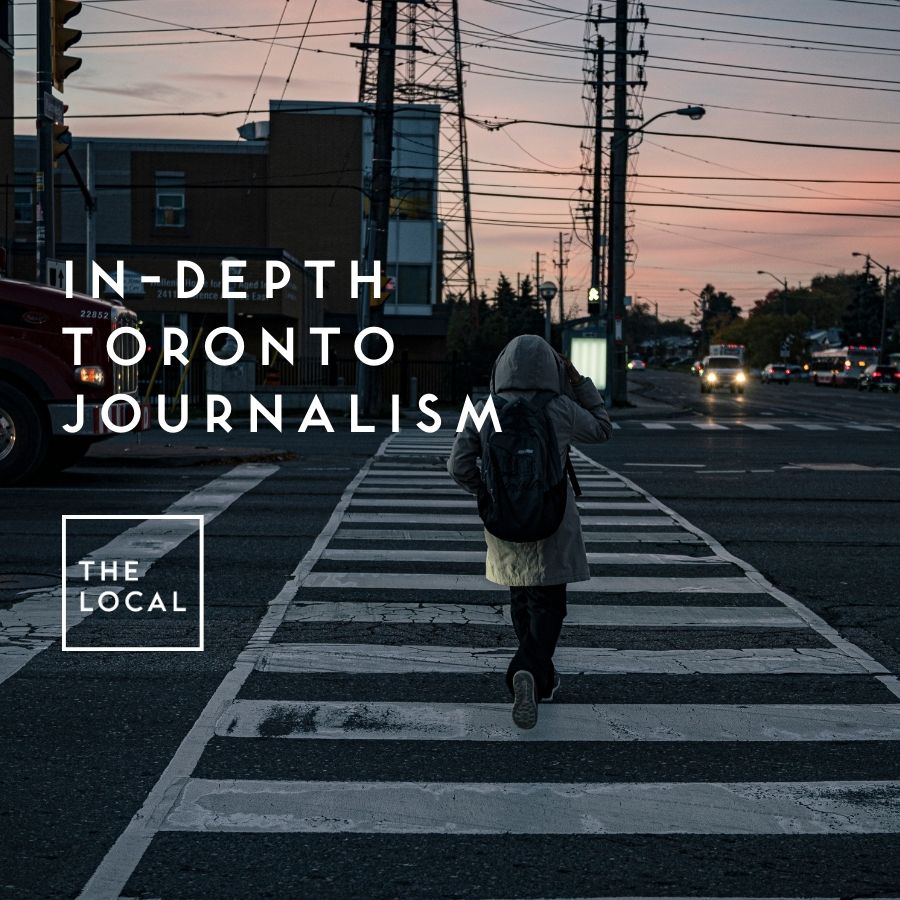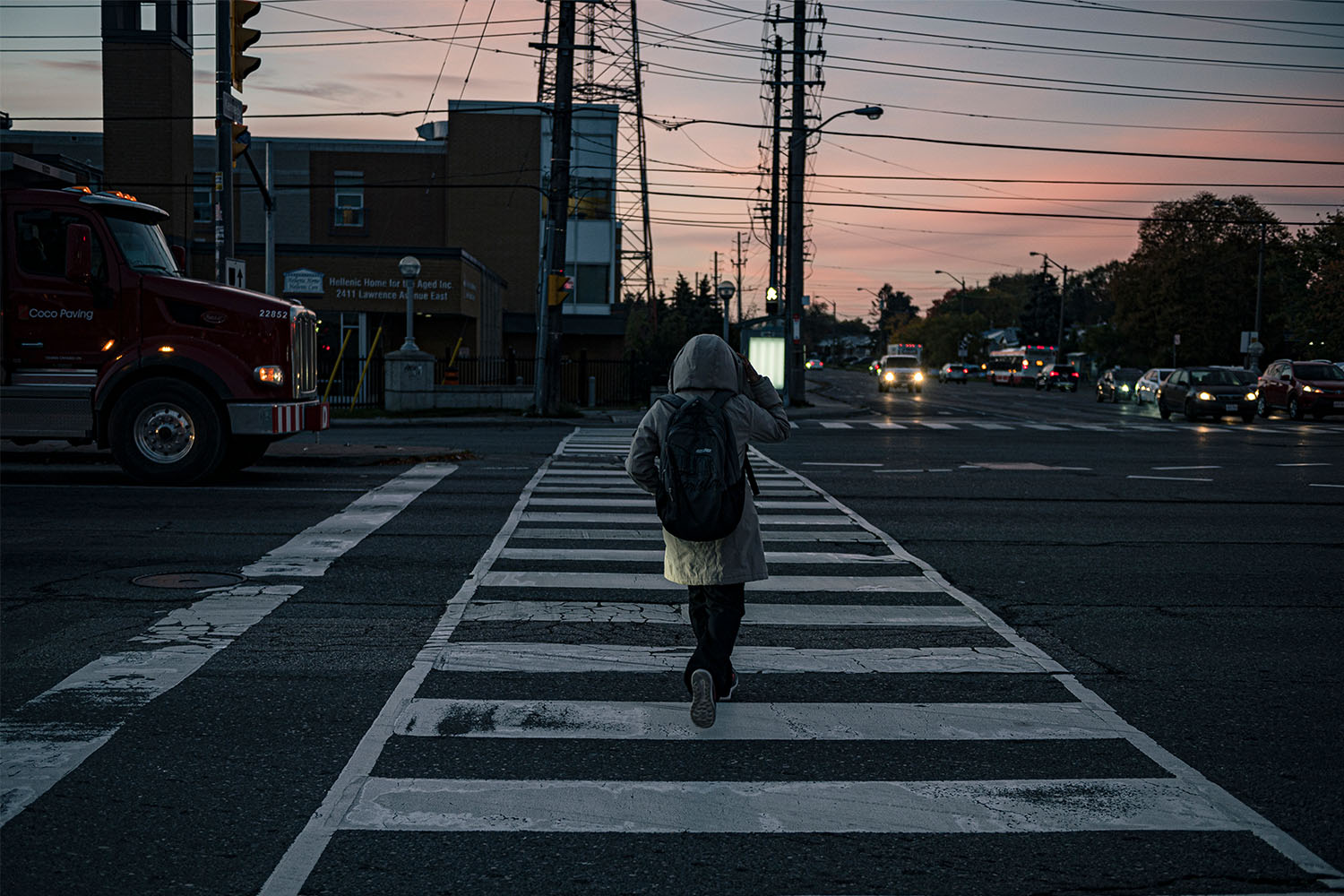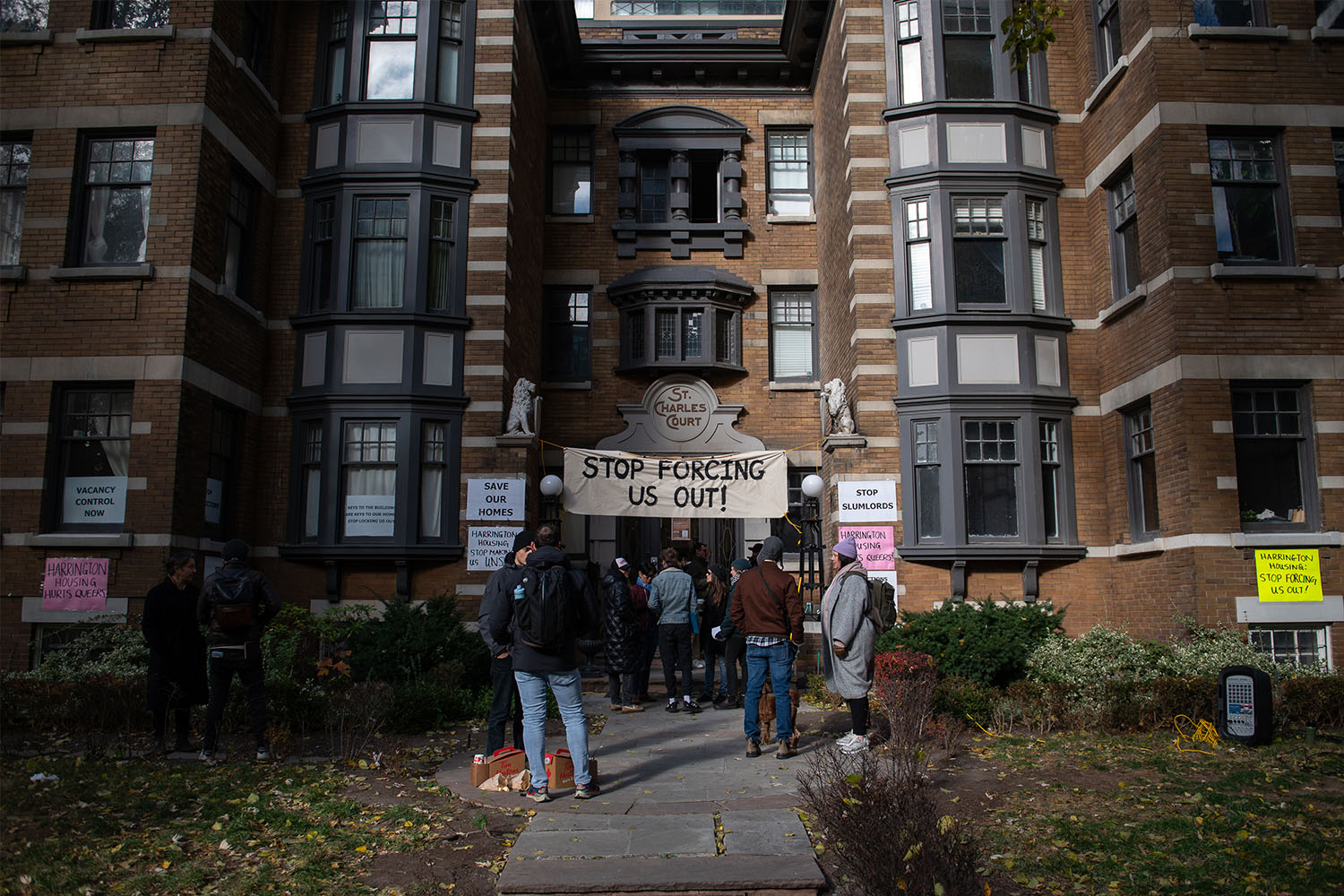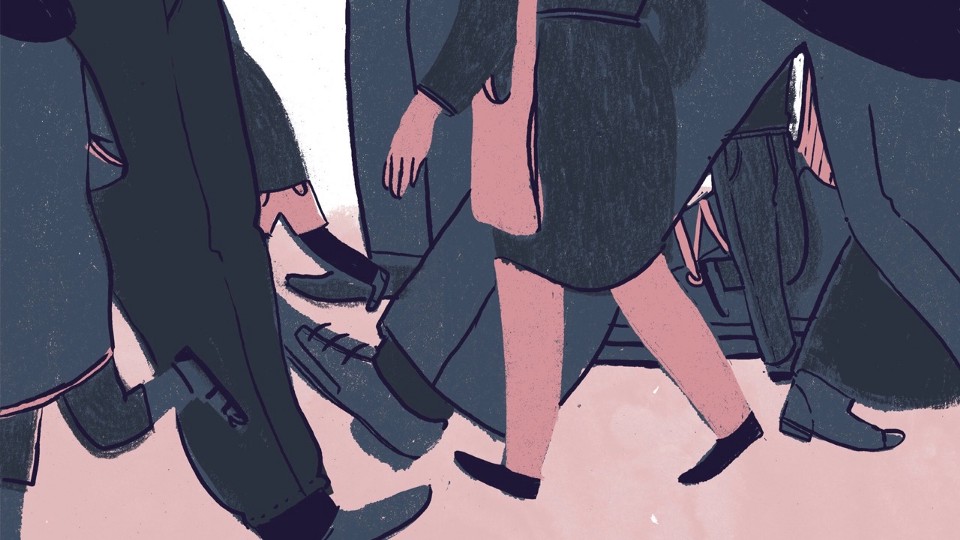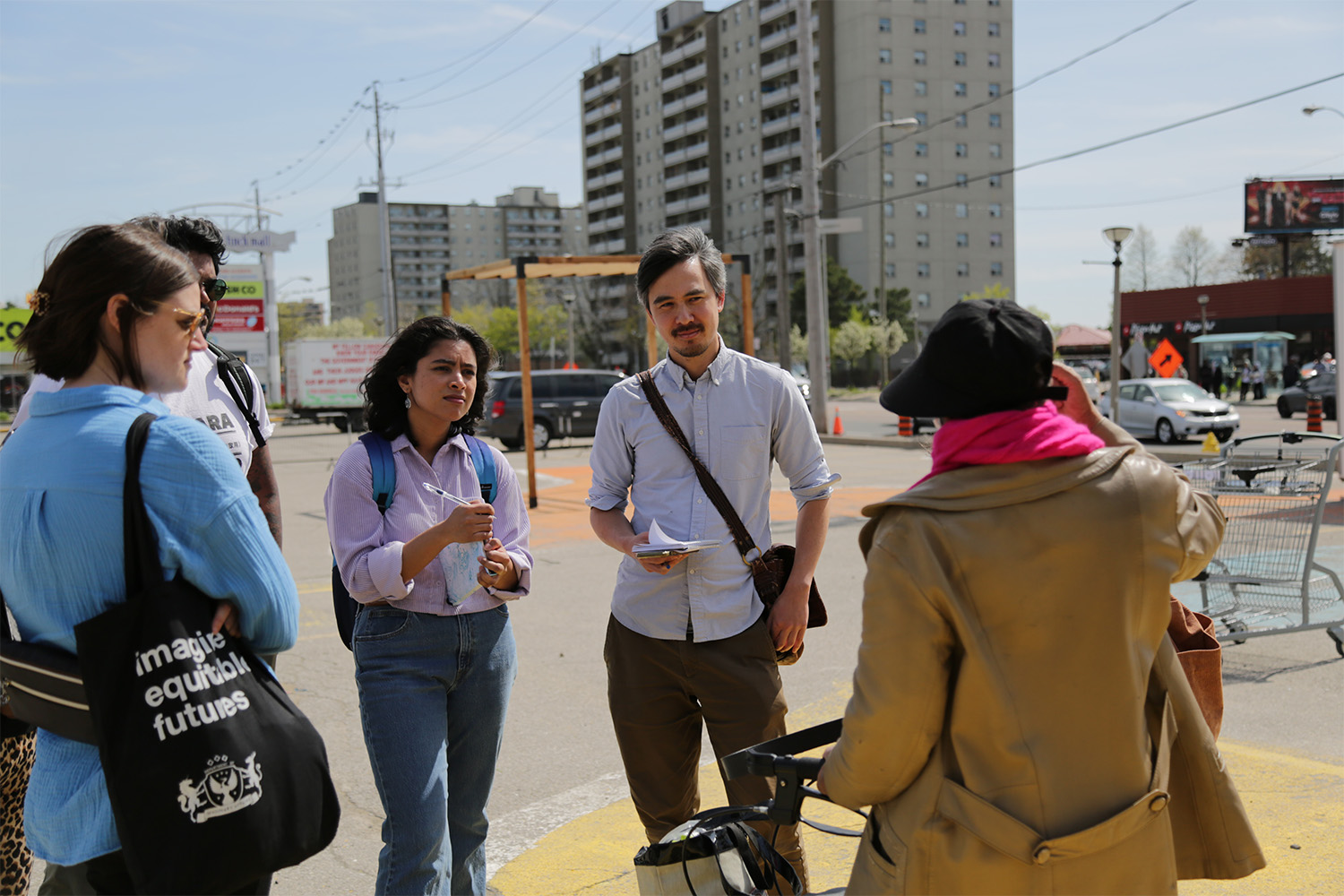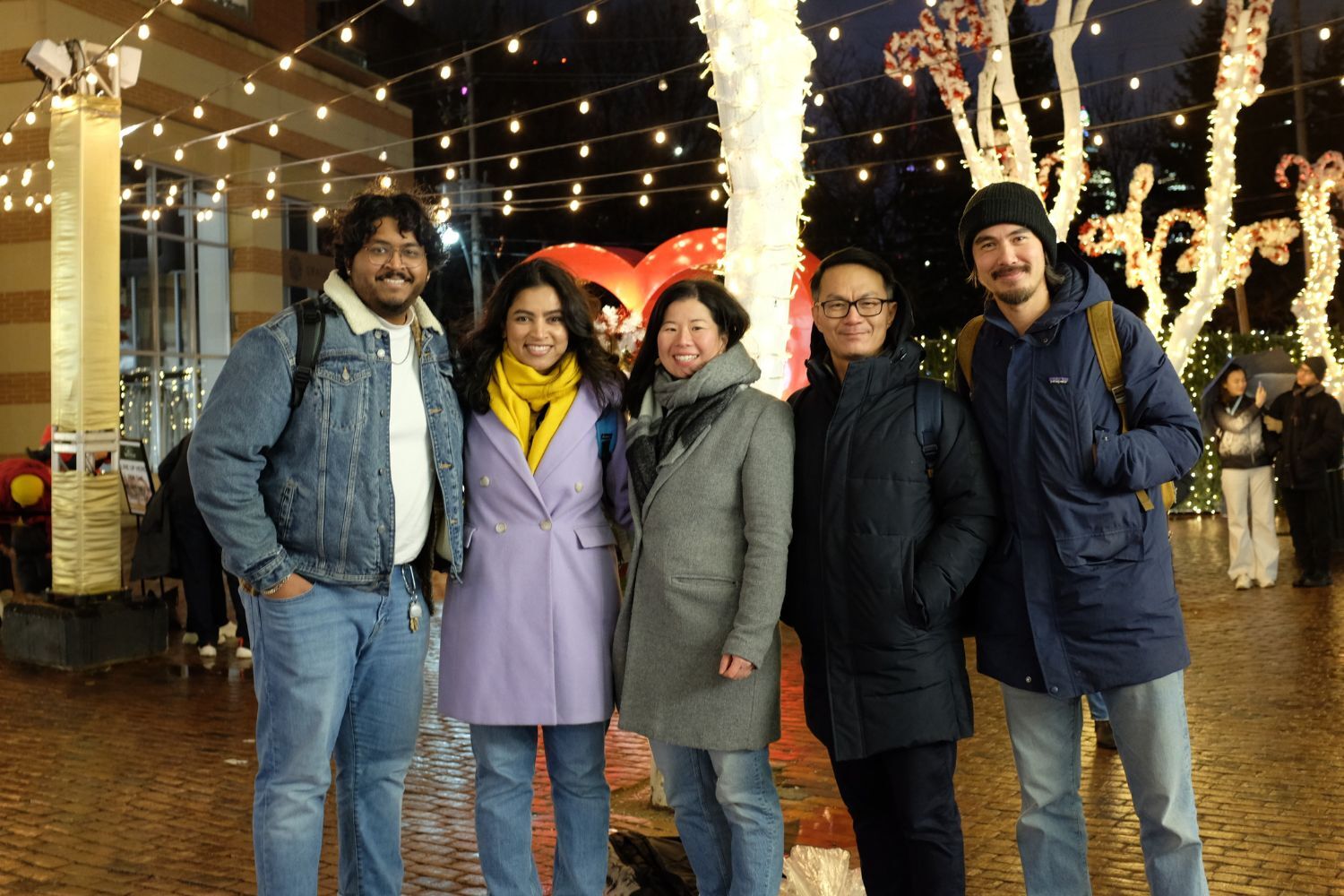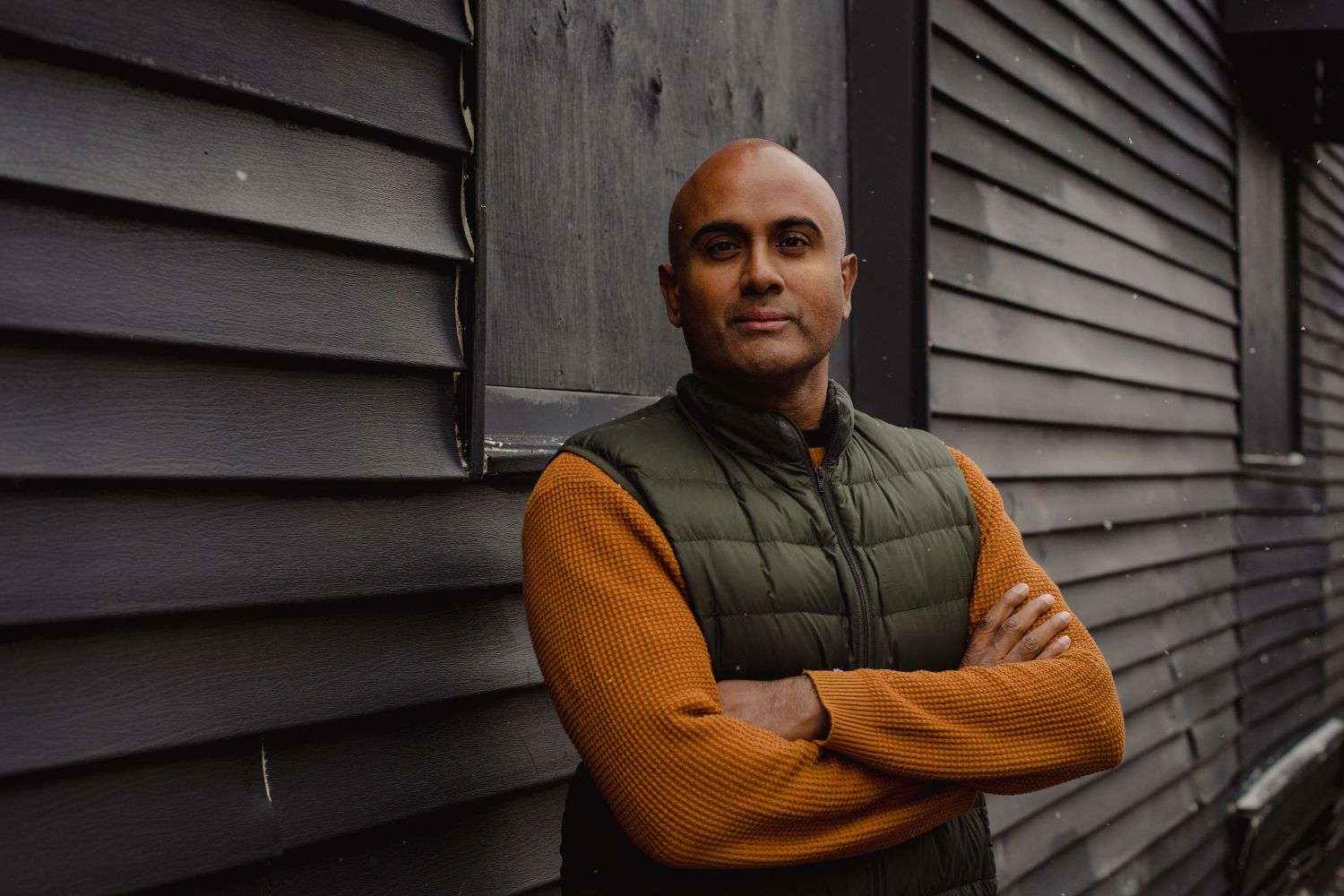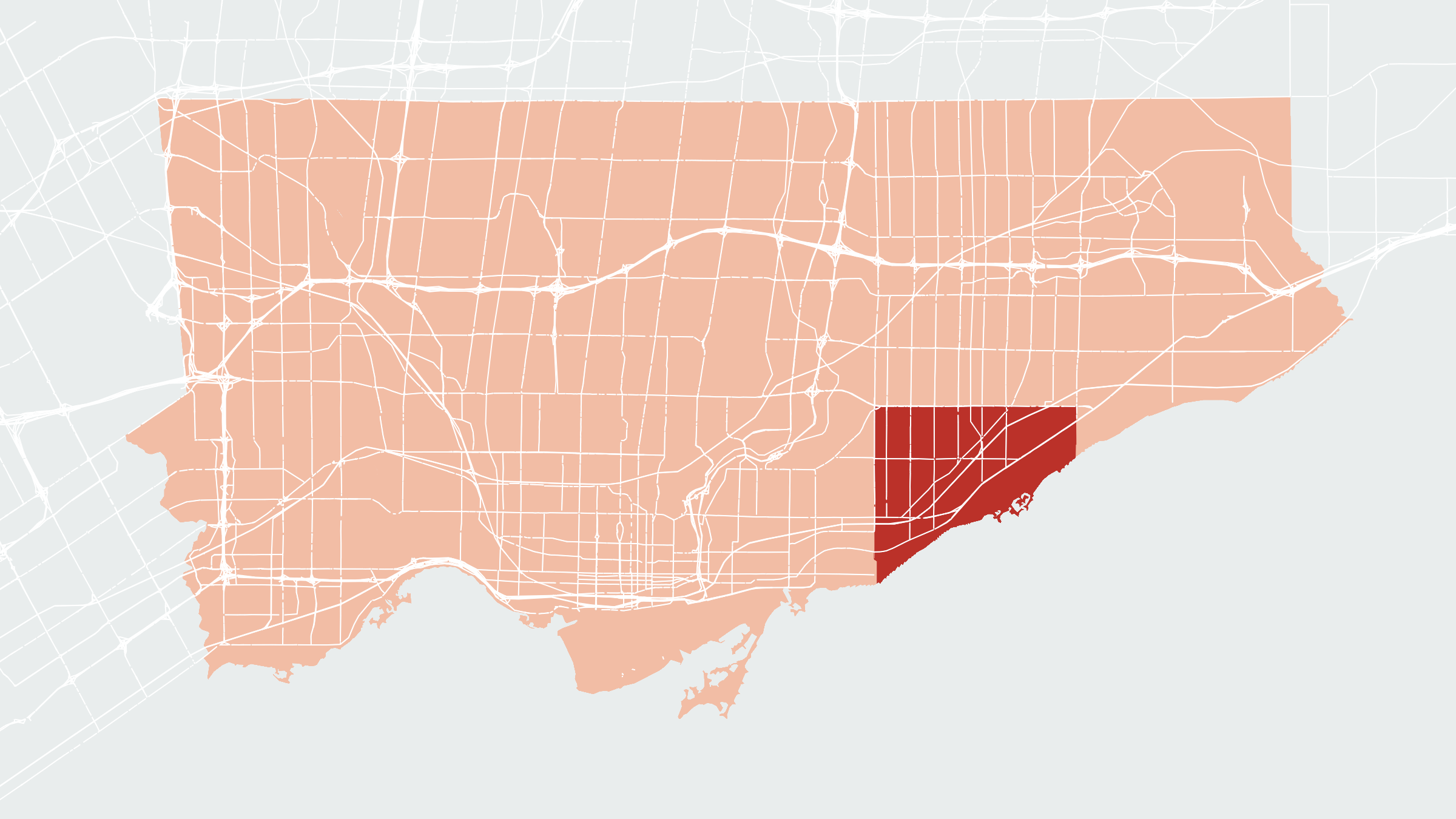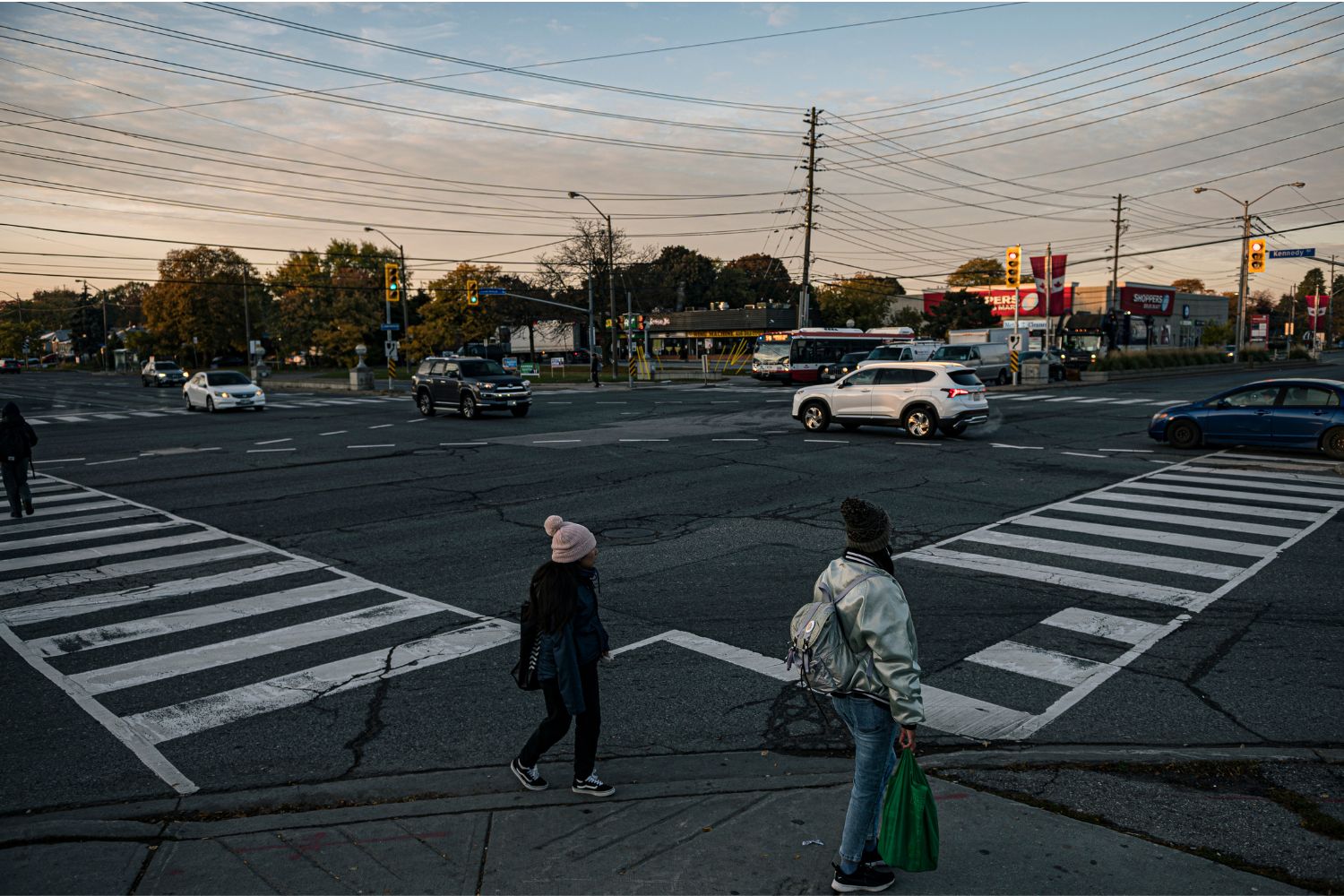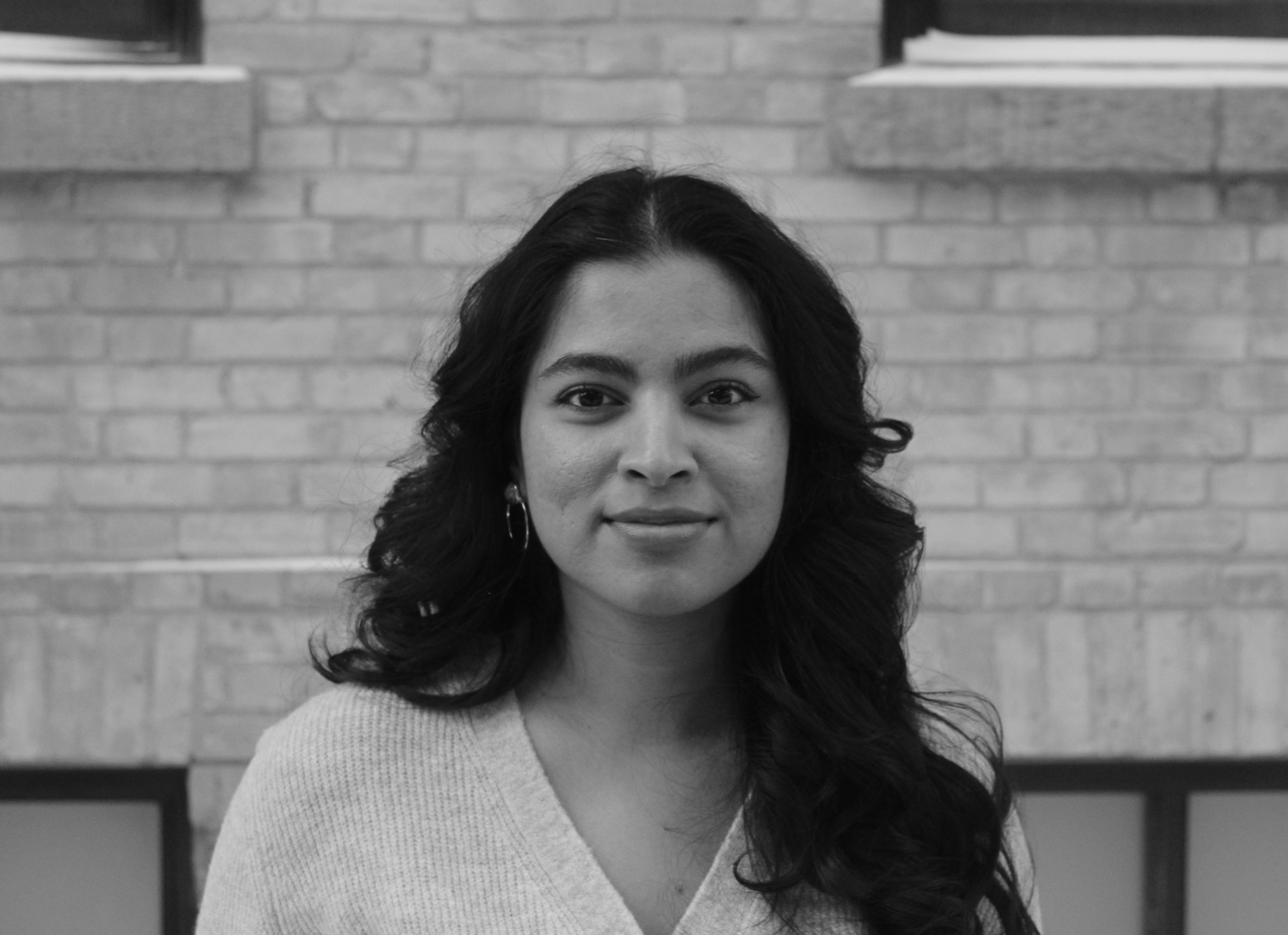
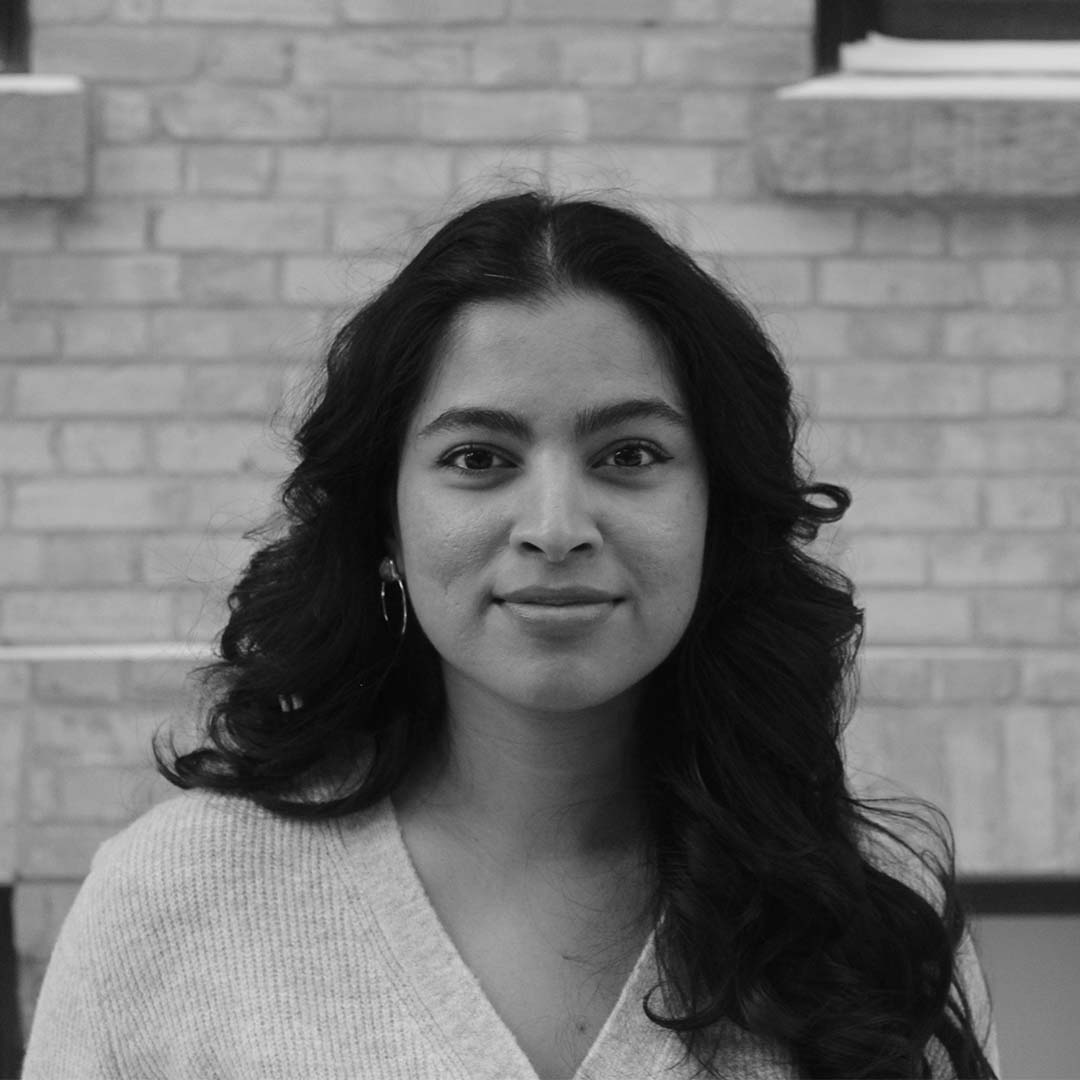
When Inori Roy was 15, she suddenly realized what she wanted to do with her life.
Inori had always loved writing, but even as a teenager she had a strong sense of civic responsibility—something she’d inherited from her family. Inori was born in Mumbai and moved to Mississauga when she was four. Her grandfather had been a freedom fighter against the British occupation in India and later helped form one of Mumbai’s first labour unions post-independence. “We have a lot of political awareness and a sense of activism in this family,” says Inori.
It was only after a high-school media studies class that she began thinking of journalism as a possible career. “I thought of it as the best way to combine a love for the craft of writing with a sense of moral obligation as a person in the world,” she says. “And then pretty much everything that I did in my life was working towards that.”
At McGill, where she was an editor at The McGill Daily, a student came to her with a story of psychological harassment from a faculty member. Slowly, Inori began hearing more stories of harassment, as well as an allegation of sexual assault. It was a story, she felt, that needed to be heard beyond the university campus. She cold-called publications across the city, finally partnering with CBC to produce an investigation into McGill’s handling of sexual assault allegations. Spending six weeks poring over documents and interviewing subjects while simultaneously trying to work through her sociology degree was an eye-opening introduction to professional journalism. “It took out some of the romanticism,” she says. As she watched the repercussions of her investigation contribute to changes at the university and campus-wide protests, however, it also strengthened her commitment.
After graduation, Inori did her Masters degree in investigative journalism at City, University of London, graduating in the summer of 2020. Since then she has published environmental reporting at Unearthed and The Narwhal, and finished a summer contract with the Investigative Journalism Bureau last year.
In 2020, Inori was part of The Local’s inaugural fellowship program. From the moment she joined, it was clear she was an exceptional talent and a valuable colleague—someone whose keen journalistic instincts and collaborative spirit improved the work of those around her. Her first piece for The Local was a feature on chronic underfunding in public education. Since then, she’s become one of the publication’s most reliable freelancers.
Her investigation into vaccines in pharmacies was the first piece to reveal that vaccine distribution in Toronto was failing to reach those most in need. The feature on long-term care she co-wrote with editor-in-chief Tai Huynh unearthed shocking death rates at homes that outsourced their operations. Her recent investigation into workplace safety found that inspections at industrial workplaces in Ontario fell nearly 30 percent in the last decade, as critical injuries more than doubled.
That piece contains all the hallmarks of an Inori Roy story. Beginning with publicly available statistics, Inori did the difficult work of tracking down sources, finding characters to populate the story, and bringing together disparate pieces of the story that had been sitting in plain sight, if only others had cared to piece it together.
At The Local, Inori will work as both an editor and a writer, helping to strengthen our coverage of health and social issues in Toronto.
